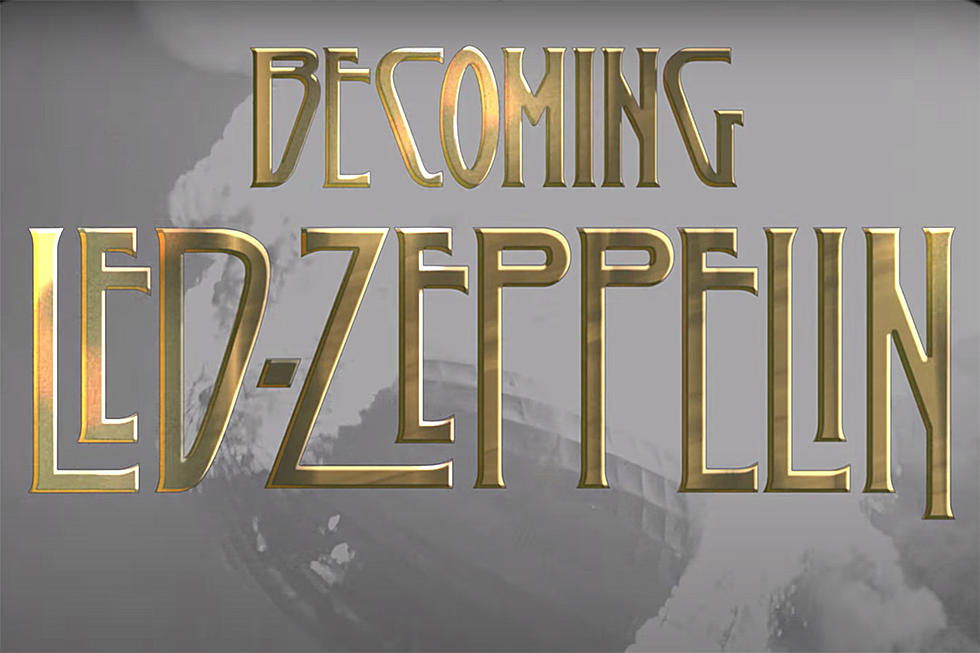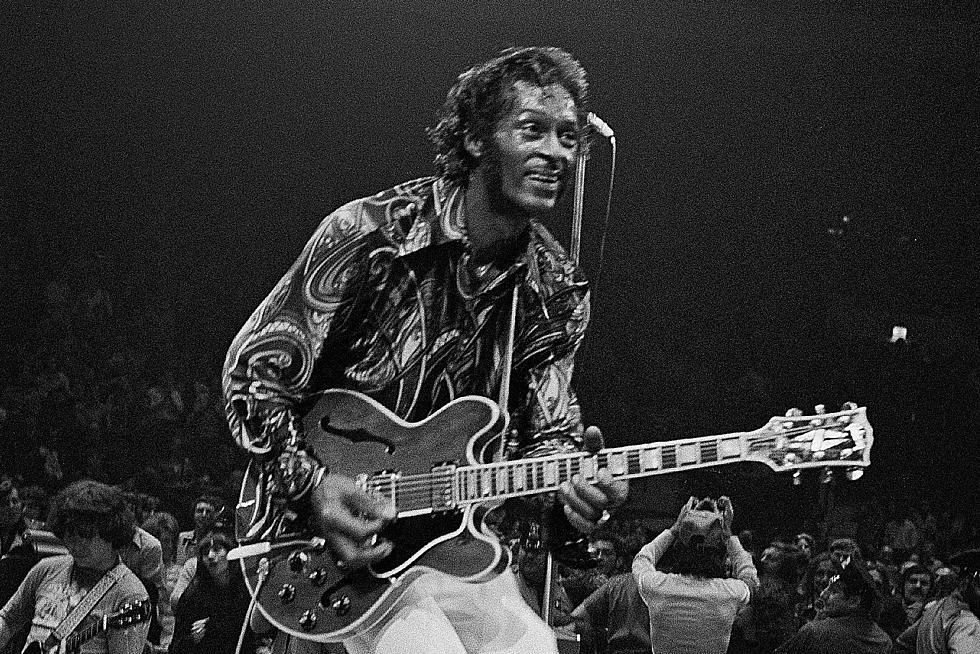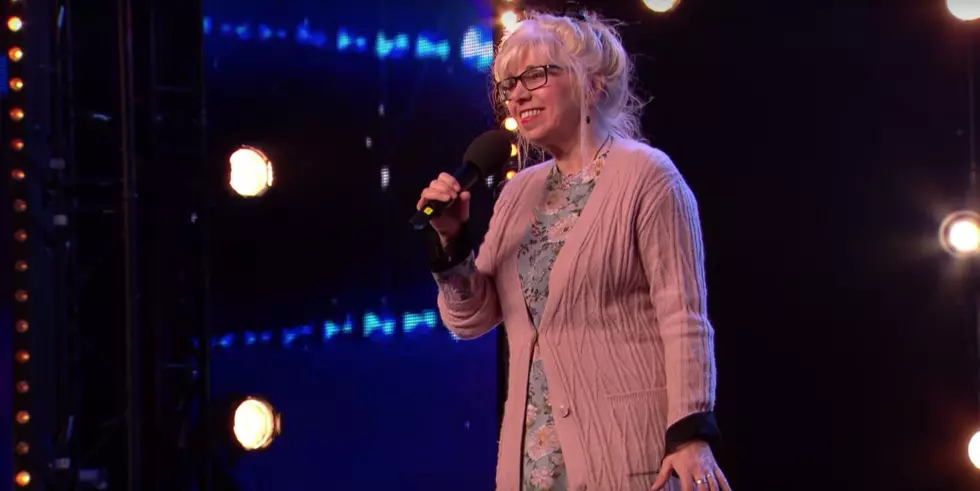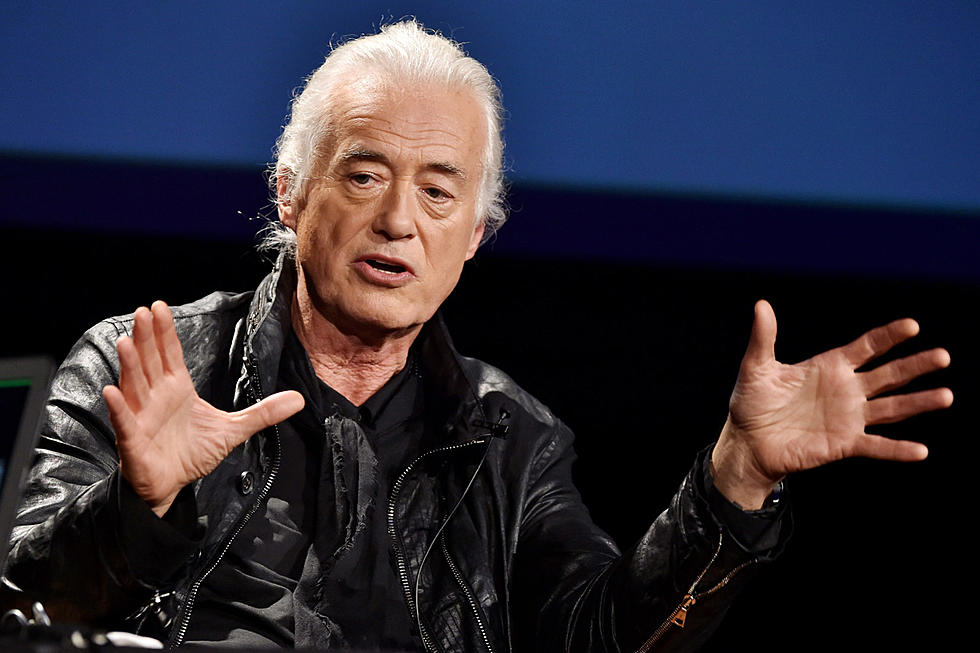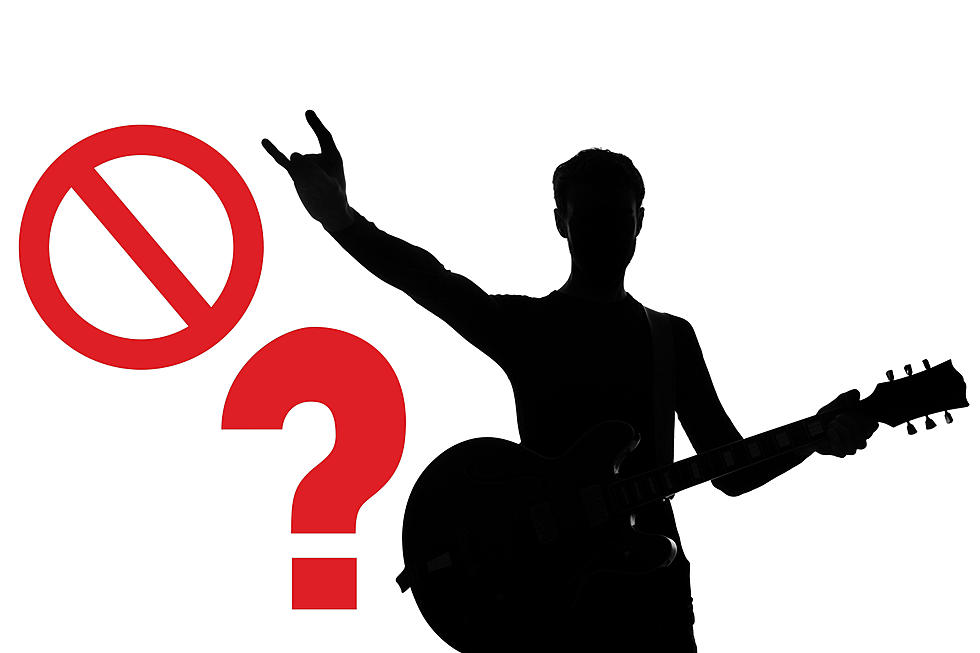
Opinion: We Can’t Afford to Separate the Art From the Artist
CONTENT WARNING: I encourage you to practice self-care when choosing to read this article. The following piece includes mentions of sexual abuse, victim-blaming, grooming, rape and torture. If this article causes anything to come up for you about your own experience, please know resources are available. You can visit the National Domestic Violence Hotline website at https://www.thehotline.org/.
The question of whether or not we should “separate the art from the artist” has been floating around the music scene for ages. Anytime a new problematic soundbite or video clip of a performer surfaces, comment sections are flooded with calls to “cancel” them, or on the contrary, to excuse the behavior simply based on the nature of their profession.
But, think about it. Regardless of how great their lesson plans were, would you trust your kid's school teacher if they were accused of sexual misconduct with minors? No, you wouldn't want to put them in a position of power with access to impressionable young people.
There are many reasons why an artist might get "canceled." But I’m not talking about someone simply spouting a stupid comment via their social media in this article: I’m talking about people who have done real, tangible harm to others. While I believe many people have the ability to learn from their mistakes and redeem themselves, I also believe not everyone deserves fame or a platform — especially if they are potentially dangerous to society. Thus, I believe it’s high time we all stop separating the art from the artist.
A Discussion of Accusations Against Artists Through the Years
The list of musicians who have done legitimately harmful things or have legitimately bad views is, unfortunately, endless. You have people such as Iced Earth’s Jon Schaffer, who participated in storming the U.S. Capitol on Jan. 6, as well as people such as Ted Nugent, who has made more headlines for his extreme right-wing views over the years than for his actual music career. There’s also Marilyn Manson, who has been accused of grooming, abuse, rape and torture.
In addition, there seems to be a plethora of musicians who have been accused of inappropriate behavior toward minors, especially young fans. Brand New’s Jesse Lacey and former Pierce The Veil drummer Mike Fuentes have both been accused of sexual misconduct against minors.
This isn’t a new phenomenon, either. Did we all forget that Elvis Presley was 24 when he met and started a relationship with the 14-year-old Pricilla Ann Beaulieu (she reportedly wasn’t the only teen Elvis was involved with)? Or that Chuck Berry was a convicted sex offender, having spent two years in prison after taking a 14-year-old girl over state lines for “immoral purposes” when he was about 33? What about Jimmy Page, who also started an inappropriate relationship with a 14-year-old girl, and Jerry Lee Lewis who married his 13-year-old cousin? I could go on, but I think you get the idea.
People refer to Presley as “The King,” when really they should refer to him as what he truly was: a sexual predator. Students learn about Chuck Berry, Jerry Lee Lewis and Jimmy Page in “History Of Rock ‘N’ Roll” classes throughout the country without ever hearing about their sexual misconduct. At most, their transgressions are minor footnotes. These musicians are idolized, while their victims are vilified, or worse — erased from history all together.
Disclaimer
I am not perfect. I used to be obsessed with some problematic rockers, including Elvis. But now, I hear their music and can’t help but think about the pain and trauma they’ve inflicted on others. I will also add that these views are my own, and do not reflect the views of Loudwire as a whole.
If They Make Good Music, Who Cares?
This is a lazy argument, at best. By not holding abusers accountable, it perpetuates the idea that any abusive artist, actor or musician can do whatever they want in their free time without any major consequences to their career. It allows performers to feel comfortable being abusive, finding solace in the fact they know damn well people will still buy tickets to their concerts or download their latest album if it’s good enough. This current system of separating the art from the artist allows abusers to both hold and abuse their power at will.
Even if you don’t agree with the way an artist conducts themselves in their private lives, but still support their professional career, you’re part of the problem. However inadvertently it may be, you are helping fund this person’s life — and possibly, their abusive actions — by purchasing these concert tickets and streaming their music.
It isn’t enough to say that you only support their music, not their actions. By nature of their chosen careers, these musicians' lives are deeply intertwined with their personal lives. Their fame gives them privilege and the money you give them grants them power in our society.
The “15 Minutes of Fame” Misconception
Some may argue that survivors “cry rape” in an effort to get their “15 minutes of fame.” But let’s take a real look at the mountains survivors have to climb when they report or share an instance of interpersonal violence — mainly victim blaming.
The Center for Relationship Abuse Awareness provides this definition of the phenomenon: “Victim-blaming attitudes marginalize the victim/survivor and make it harder to come forward and report the abuse. If the survivor knows that you or society blames [them] for the abuse, [They] will not feel safe or comfortable coming forward and talking to you.”
Victim blaming places the blame on the survivor, rather than the abuser. Examples sound like, “You shouldn’t shouldn’t have worn, said, or done that if you didn’t want to be abused.”
Rape and sexual assault are two of the most underreported crimes in our society. Why?
Maybe because only about six percent of rapists will ever spend a day in jail. Add that to the fact that survivors often have to deal with feelings of shame, fear of retaliation, guilt and avoidance, it’s not hard to understand why someone wouldn’t want to disclose an act of violence against them — and why it makes it so hard for some to do so. In addition, the FBI estimates that around two percent of reported rapes, at most, are false.
The only instance I can come up with of someone legitimately being falsely accused of sexual misconduct is Bright Eyes’ Conor Oberst. But even Oberst himself has said his story should not be used as an example of women “crying rape.”
In an interview with Noisey, he says, “I don’t ever want to minimize how much that happens to women all the fucking time.They say one in four women will experience some kind of sexual assault in their life, which is fucking insane and heartbreaking. So as painful and surreal and fucked up as my situation was, I don’t ever want to use this as an example to justify anything.”
In Conclusion
One question that I don’t believe has an easy answer is this: what about the bandmates? On one side, it’s hard to discern how liable a person is for their bandmate’s actions. On the other hand: how could they not know what was going on? These people have a work relationship unlike someone who goes into an office everyday and works in a cubicle. They spend virtually every moment together while touring and recording, so how could they not be aware of what is going on in eachother’s “personal” lives. But still, we can’t prove that they did know, and monetization affects everyone in the band — not just the individual transgressor.
While there isn’t an easy answer, it is something I implore everyone to look into. I believe that holding artists accountable for their actions will encourage all musicians to do better. If someone realizes their career, their mansion and their fancy car could be at stake if they participate in harmful behavior, they might just get the incentive to not be an asshole. It shouldn’t be like that, but unfortunately years of separating the art from the artists has conditioned musicians to see themselves as gods unrestrained by morality. We can all do better, including myself.
16 Things Metalheads Really Need to Get Over
More From 92.9 WBUF




